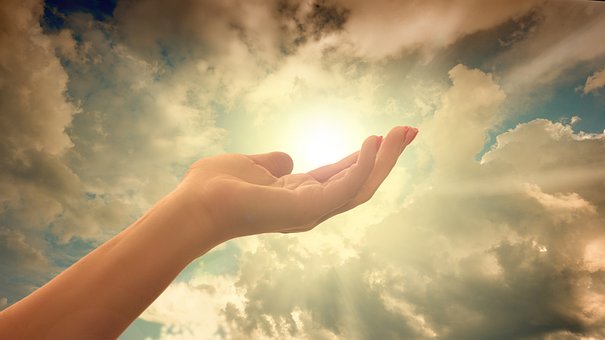This Wednesday, November 16, among all the theatrical releases, we have selected for you, three very different French films but each in its own way, attentive to the others: “Les Femmes du square” by Julien Rambaldi, “Les Engagés” by Emilie Frèche and “Reste un peu” by Gad Elmaleh.
“Les Femmes du square”: the joyful takeover of the invisible
A resourceful, intelligent and cheeky Ivorian, Angèle had always pulled through until then, but this time, her loan sharks are on her heels. To earn money more seriously, she accepts the help of her neighbor who finds her a job, like her, as a nanny in the beautiful districts of Paris. If she quickly takes a liking to the boy for whom she is responsible, it does not take long either to discover with what casualness the white rupins treat their precarious employees in not always regular situations. Soon she takes the lead in a protest movement around the square frequented by the nannies, and finds unexpected support in a young lawyer who is not insensitive to her raw charms!
If Julien Rambaldi’s social comedy suffers a little from its excessive generosity, scattering in sub-plots not all very well put together, it remains no less endearing for the empathetic look it takes on a sub- proletariat underrepresented in fiction and information. A working community prey to all forms of domination (masculine, economic, cultural…). It also benefits from the pleasing diversity and astounding slaughter of its cast; starting with Eye Haïdara, which after the sense of celebration, demonstrates that it also has that of the collective!
Les Engagés: the migration issue treated by the example of a citizen
Author renowned for featuring her own in her novels, Emilie Frèche features others in her first film. But we know it, the other is oneself. Without these others, in any case, she would not be here: the committed people she wants to testify to here are indeed, in her eyes, the heirs of the Righteous who, placing morality above the law, saved Jews and among them his own, during the Second World War…
However, one day, on the road to Briançon, David (Benjamin Lavernhe, inhabited as rarely) hits a young migrant pursued by the police. Listening only to his instincts (and his morals, not far away), he hides it in his trunk and brings it back to his companion Gabrielle (Julia Piaton, impeccable) who lives with her two children but still disputes custody of them with their dad. Shocked by the fate of the teenager, David decides to help him at all costs, and gets more and more involved in the association that comes to the aid of migrants. At the risk of being arrested and sentenced. As in the case of the “7 de Briançon” from which the film is partially inspired.
While the migration issue is at the heart of the news and offers the worst ideology to the debates of the continuous news channels, Emilie Frèche makes the choice – militant – to focus on those who move and fight, convinced of to act within the framework of the fraternity of our common republican motto. If his film sometimes sins by excess of didacticism in its dialogues, it effectively informs us of the (complex) reality of the field, the fragilities of associations as well as security difficulties… He also manages to develop deep anxiety and extreme tension, close to the paranoid thriller, which perfectly express the urgency of helping those who find themselves in distress and the sometimes dramatic impact that such altruism can have on the lives of those who show it. An intense, sober work of public utility.
“Stay a little”: Gad Elmaleh humbly stages his crisis of faith
Thirteen years after his first production, which was also his first critical setback (Coco, of sinister memory), Gad Elmaleh is back behind and in front of the camera with Rest a little. With, from the outset, this pleasing evidence: he has changed, it is more grizzled and less sufficient that he appears in this autofiction that has been matured for a long time but written (with the help of Benjamin Charbit), shot and edited in four months.
With the complicity of his parents, his sister and relatives in their own roles, Gad Elmaleh recounts his “crisis of faith”. All the same, the little Sephardic Jew from Casablanca that he was, had one day defied the ban and entered a Catholic church. encounter with the Virgin Mary marked him. A kind of mystical love at first sight. Today, after three years in the United States, he returns to Paris to see his family but also her, his secret and somewhere forbidden passion. How will his loved ones take it? Will he go to baptism? Only the first question will be answered here: wrong!
Funny without being hilarious, but touching, disturbing and endearing, this film on faith, spirituality and more broadly identity follows the path of its main character: he doubts and wonders, he takes his time and advice. With humility and kindness. One thinks of the “vote” of the catechumenate evoked in the film by Father Barthélémy: in the first meaning, Latin, it designates “the fact of looking with attention”. Gad Elmaleh films here as well, and it’s well seen.

